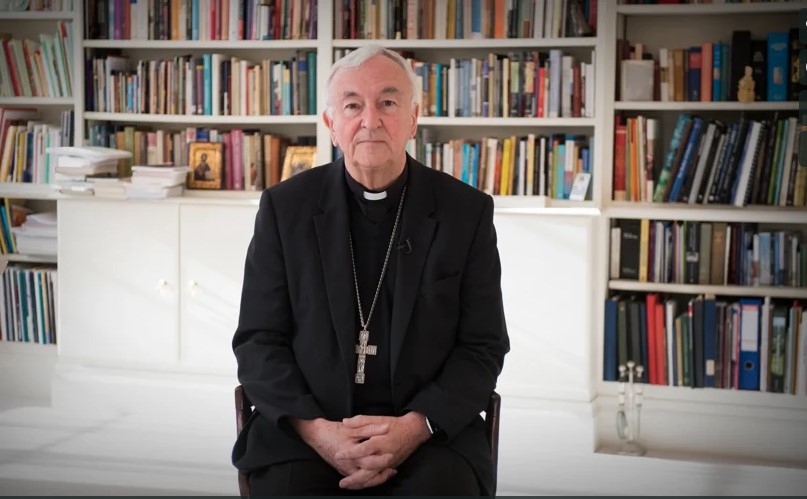by Cardinal Vincent Nichols
The Independent Inquiry - Child Sex Abuse (IICSA) Report into the Archdiocese of Birmingham covers a period of 70 years. One of its overall conclusions is that the response of the Archdiocese to the sexual abuse of children was to care more about the reputation of the Archdiocese and its priests than to respond properly, with care and a focus on justice, to those who had suffered that abuse. This is undoubtedly true. Both the Archdiocese and myself, as Archbishop for nine of those 70 years, have apologised unreservedly.
Since 2001, when the Catholic Church in England & Wales adopted the recommendations of Lord Nolan’s independent inquiry including passing on all allegations of abuse immediately on to the police to investigate, much has been learned by everyone in the Catholic Church, and in our wider society, about the disastrous, long term effects of childhood sexual abuse. As I stated in my evidence to IICSA, 'Abuse shatters the most precious human capacity: the capacity to trust another person. In a victim of abuse that capacity is radically damaged, if not destroyed. It can leave that person's life as no more than a shell of survival, devoid of stable, lasting relationships. Or, where such relationships are achieved, they are fragile and easily broken not least by the resurfacing of horrid memories of childhood abuse' (9 October 2018).
As bishops we have come to understand these crucial dimensions of the impact on abuse on survivors and are responding to it in significantly different ways. For example, we have established a Survivors' Advisory Panel at national level to help us, as bishops, in our response to the those who have suffered and in our continuing efforts to do all we can to ensure that the Catholic Church, in all its activities, is a safe setting for children and for vulnerable adults. The Panel works closely with our National Catholic Safeguarding Council in its current review of all our safeguarding work. Survivors are at the heart of this work.
At a far more personal level, all the bishops of England & Wales spent three days in May with survivors of sexual abuse, guided by professionals in this work. Over these days the survivors spoke to us directly and with great feeling about their experiences of abuse, their sense of helplessness, of being exploited in their vulnerability, of the heartless manipulation by their abusers who left them, the victims, carrying guilt, shame and the long-term radical isolation that is one of the deep scars of that abuse. We sat and talked together, shed tears together, ate and prayed together and, gradually, relaxed in each other’s company.
At the end of this meeting we bishops said:
'These have been days which have touched every bishop very deeply. We have listened to the deep and lasting confusion, pain and despair, inflicted by the people who abused them. We have listened with horror to the ways in which precious gifts of our faith have been used to groom and dominate both children and vulnerable adults in crimes of abuse.
‘We humbly ask forgiveness of all who carry this pain, for our slowness and defensiveness and for our neglect of both preventative and restorative actions. (For us Bishops these days are a watershed.)'
I believe that this marks a new step in the Catholic Church's struggle against this gross evil which has found a home in our Church. We are now working out together the practical consequences of this shared experience at local and national levels and, more importantly, in our personal conversion of heart. There is much to do. First of all, however, I express my thanks to those survivors who courageously put before us, face to face, their heart-ache, their wounds. Thank you.
The work of IICSA continues. In the autumn its hearings will focus on the present practice of the Catholic Church in England and Wales. We are cooperating fully in this work. I trust that the recommendations which will be formulated by the Inquiry will help us not only reflect on past mistakes but on improving considerably our present and future practice.




